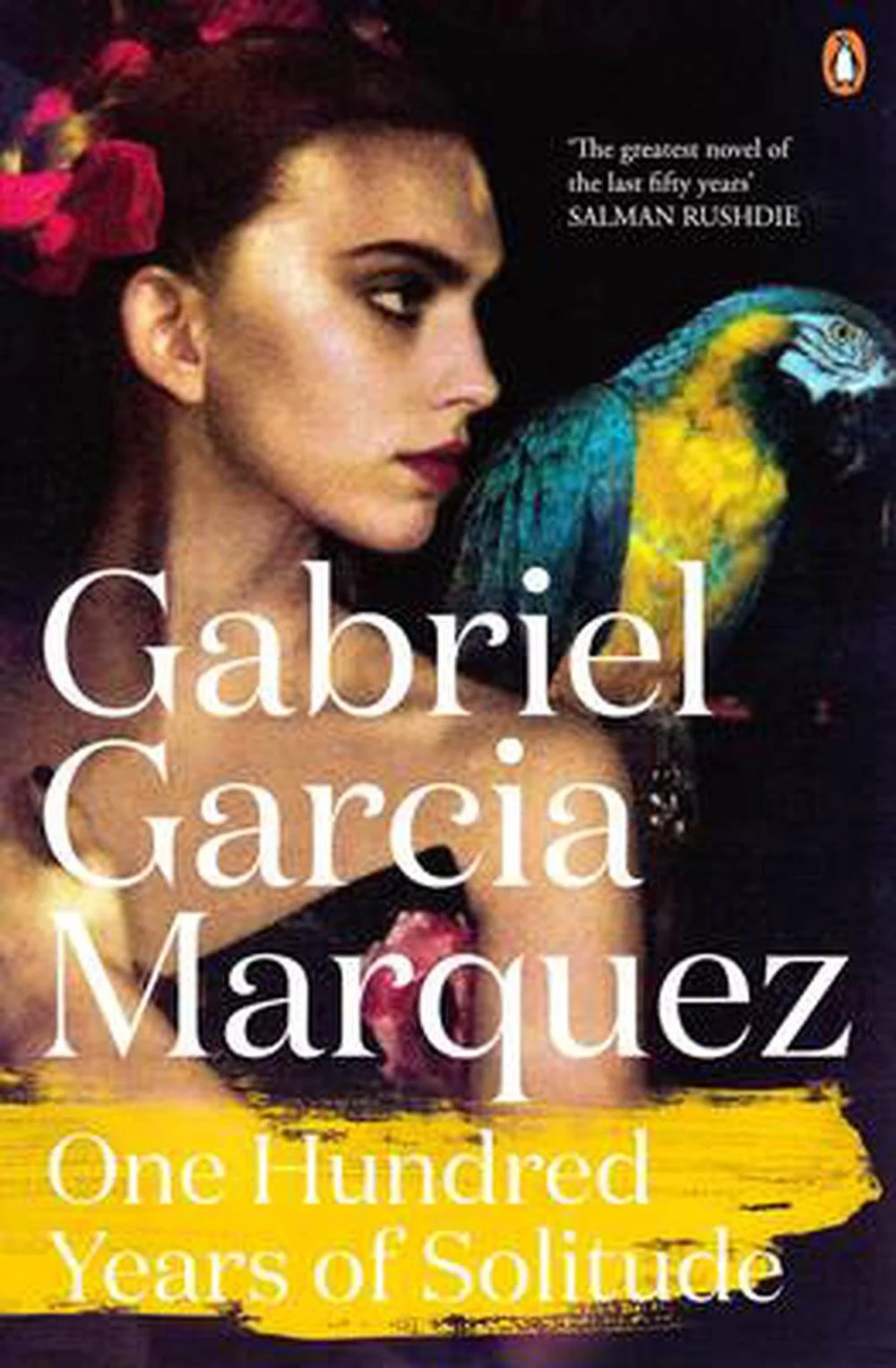Mammoth Dectet
Steve Barry’s Mammoth is a 10-piece big-small band born as a remote tracking experiment during the Covid lockdowns of 2020 as a means to connect an international cast of Antipodean musicians.
Barry’s writing for the ensemble offers a meditation on the past, evolving and future nature and role of the crucibles of human life - our cities - especially in light of a pandemic that has left city centres around the world deserted, and in the face of the unprecedented challenges of climate change.
Drawing on the ideas of distributive economy, social media bubbles, a host of real and imaginary cities and Barry’s own fascination with urban data and design, Mammoth explores through a musical lens an age old question - how then, do we live together?
The first track, a 15-minute work inspired by the open pages of Columbian novelist Gabriel Garcia Marquez’s One Hundred Years of Solitude, was released in July 2021.
An album recording and launch is planned for mid-2022.
On Gabriel Garcia Marquez’s One Hundred Years of Solitude in the time of coronavirus
Science has eliminated distance. In a short time, man will be able to see what is happening in any place in the world without leaving his own house.
So predicts the gypsy Melquíades in Gabriel Garcia Marquez’s novel One Hundred Years of Solitude – and how right he was!
Written in 1967 and set against the backdrop of the mystical jungle surrounding the village of Macondo in an imaginary late-colonial Colombia, the novel’s themes of dislocation and insanity and Melquíades’ prophetic proclamation take on a new metaphorical potency in our Covid-19 induced world of Zoom meetings and enforced lockdowns.
Distance has become a double edged sword. At the same time that connectivity to any place in the world has never been easier or more vivid digitally, in the physical realm we’ve found ourselves confined within national borders or even just the walls of our homes, and required to constantly monitor our proximity to others under a glaze of apprehension and uncertainty in the public discourse.
Re-reading Marquez’s novel recently, (also, this article in the Atlantic, which tells the back story to it’s publication) it struck me just how much it speaks to the shape of our current experience. Early on, the story’s first protagonist and patriarch Jose Arcadio Buendia confines himself to his study to investigate the various scientific peculiarities presented by Melquíades’ clan of gypsies – magnetism, celestial navigation, magnification, alchemy – and his obsession and self-induced isolation from his family and community slowly drives him mad. It’s not hard to make a link here to today’s world and the kinds of mental health challenges that have been exacerbated by coronavirus quarantine measures and working from home.
A bit like Bunnings Karen, Marquez’s characters also reveal traits of hilarious backwardness and ignorance. Ursula’s outraged disbelief at her husband’s claim that “the world is round, like an orange” could be likened to the kind of disturbing laugh-or-you’ll-cry, you-can’t-take-away-my-freedoms anti-mask apathy that has inevitably emerged in response to public health directives (for another example, check out this dismaying video of two guys trying to give out free masks at Venice Beach).
But there’s plenty of lightness and discovery in the cracks of Solitude too. The opening scenes paint a picture of a fertile, unspoilt new land bursting with magic and opportunity, and the annual celebrations and enthralment surrounding the gypsies’ introductions of new technology could be metaphorically likened to the sort of disruption and necessitated adaptation we’re currently confronting in adapting to the realities of a pandemic. Seeking to map the swamp surrounding Macondo, Joe Arcadio Buendia blindly stumbles upon a giant Caravel being unhurriedly reclaimed by the jungle, having seemingly washed miles inland on a great wave in centuries past. (True to form, his expedition is otherwise completely unfruitful.)
Melquíades (the composition) attempts to capture some of the spirit of the opening passages of the novel – the unbridled optimism, the revelries, the twists of absurdity and senselessness, and Jose Arcadio Buendia’s ruinous fascination with novelty – themes that offer pause for meditation over in our “interesting” times.



